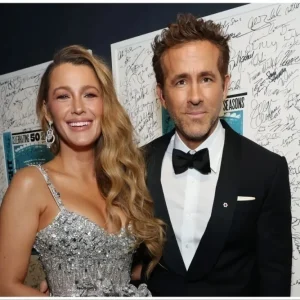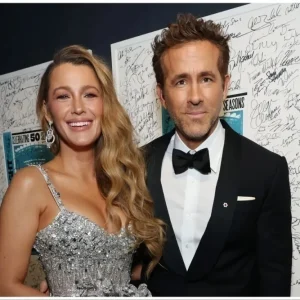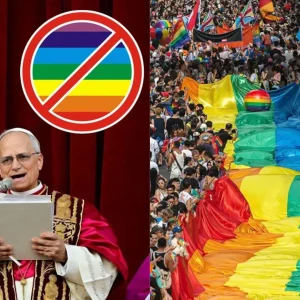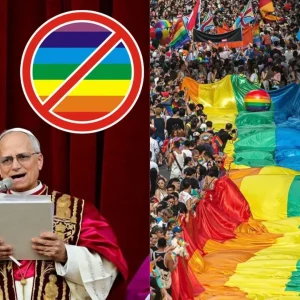Boxing is a sport deeply rooted in debates over greatness, legacy, and impact. Recently, Deontay Wilder, one of the most ferocious punchers in modern boxing, made controversial comments about Mike Tyson, a heavyweight legend revered by many as one of the greatest fighters of all time. Wilder’s remarks not only questioned Tyson’s legacy but also dismissed his relevance in today’s boxing landscape, sparking intense reactions from fans and analysts alike.

Deontay Wilder’s Criticism of Tyson’s Record
When discussing Mike Tyson’s legacy, Wilder didn’t hold back:
“How many Hall of Fame fighters did Mike Tyson actually fight… Only two, Holyfield beat him twice, and Lennox beat him. Only two. So, what are you all talking about?”
Wilder’s point centers around the quality of Tyson’s opponents during his prime. Critics have long noted that Tyson dominated in an era without a wealth of elite heavyweights, with many of his early victories coming against lesser-known fighters. Wilder highlights that when Tyson faced top-tier competition, such as Evander Holyfield and Lennox Lewis, he fell short, suffering decisive losses.
However, Tyson’s defenders argue that his prime occurred during the late 1980s when he was a destructive force, overwhelming opponents with speed, power, and ferocity. Fighters like Michael Spinks and Larry Holmes, though past their primes, were significant names Tyson defeated during his meteoric rise.
The Context of Tyson’s Career
To fully understand Tyson’s legacy, it’s important to consider the broader context of his career. Tyson became the youngest heavyweight champion in history at just 20 years old, unifying the titles and bringing an unmatched level of excitement to the sport. His early dominance and knockout power captured the imagination of fans worldwide.
However, Tyson’s career trajectory changed dramatically after his shocking loss to Buster Douglas in 1990 and his subsequent personal and legal troubles. By the time he faced Evander Holyfield and Lennox Lewis, Tyson was no longer the same fighter who had terrorized the division in the late 1980s.
While Wilder’s criticism highlights Tyson’s struggles against elite opponents later in his career, it doesn’t fully account for the context of his early dominance and the circumstances that led to his decline.
Wilder’s Comments on Tyson’s Relevance Today
Wilder also made a dismissive remark about Tyson’s attempts to stay relevant in boxing:
“He’s too old for this. At the end of the day, no one gives a f*** about Mike.”
This statement was likely aimed at Tyson’s recent return to the ring in exhibition bouts, most notably his 2020 fight against Roy Jones Jr. Tyson’s return was a spectacle, drawing millions of viewers and reigniting interest in his legendary career.
For Wilder, however, these exhibitions do little to preserve Tyson’s legacy as a feared heavyweight. Instead, he views them as unnecessary attempts to stay in the spotlight. Fans, on the other hand, see Tyson’s return as a testament to his enduring popularity and influence in the sport.
Comparing Wilder and Tyson’s Careers
Wilder’s criticism raises another interesting point: how does his own legacy stack up against Tyson’s?
Wilder is known for his incredible knockout power, boasting one of the highest KO ratios in boxing history. However, like Tyson, Wilder’s record has also been questioned, particularly after his losses to Tyson Fury. Critics argue that while Wilder dominated lesser opponents, he struggled against elite competition, much like the criticism he directed at Tyson.
This parallel invites a deeper examination of what defines greatness in boxing. Is it dominance over an extended period, as seen with Tyson’s early reign and Wilder’s knockout streak? Or is it the ability to defeat the very best, as demonstrated by fighters like Lennox Lewis, Muhammad Ali, and Evander Holyfield?
Fan Reactions and the Ongoing Debate
Wilder’s comments have sparked a heated debate among boxing fans. Tyson loyalists argue that his cultural impact and dominance during his prime make him an undisputed legend. They also point to Wilder’s own shortcomings in his career, labeling his criticism as hypocritical.
On the other hand, some fans agree with Wilder’s assessment, believing that Tyson’s legacy has been inflated by nostalgia and his fearsome reputation, rather than a record filled with victories over elite opponents.
Conclusion: Tyson and Wilder’s Legacies
Deontay Wilder’s remarks about Mike Tyson touch on the complex and subjective nature of boxing legacies. While Tyson’s record against Hall of Fame fighters may not be as impressive as some of his peers, his impact on the sport is undeniable. His early dominance, cultural influence, and enduring popularity make him one of boxing’s most iconic figures.
As for Wilder, his comments reflect a broader desire to challenge established narratives and assert his place in boxing history. However, like Tyson, Wilder’s own legacy will ultimately be judged by his performances against the very best.
The debate over Tyson and Wilder underscores the beauty of boxing—a sport where greatness is measured not only by wins and losses but by the stories, rivalries, and moments that captivate fans for generations.





